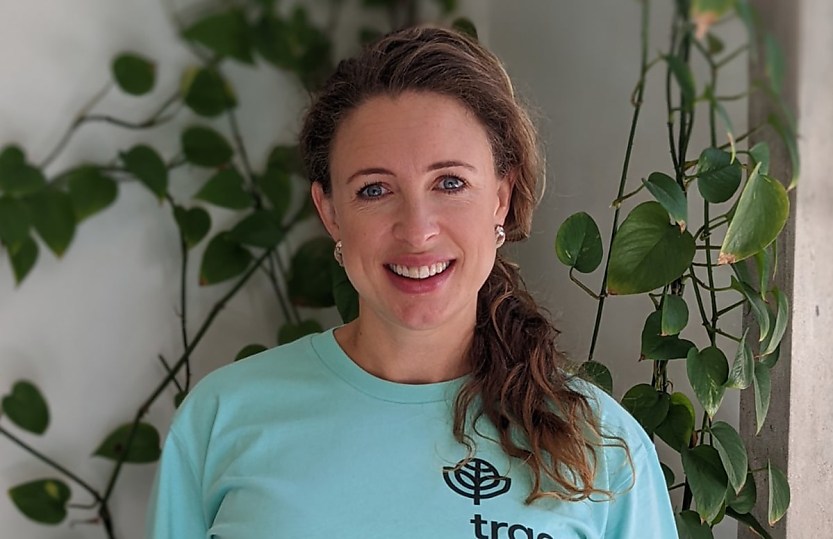2 in 3 accountants unprepared for climate reporting: Trace

The accounting industry is largely unprepared to assist clients in climate reporting, a recent report has found.
Research from climate reporting platform Trace has revealed accountants must urgently upskill to assist clients with mandatory climate reporting obligations.
Despite being largely unprepared, accountants included in the study acknowledged the significant benefits offering these services would have on their clients as well as their own careers and professional skill sets.
Trace’s report, Climate Reporting Revolution: The Future of Accounting, was built from 156 responses from accountants working in firms across Australia and the UK.
It was found that 67 per cent of accountants felt unprepared to discuss climate reporting with their clients and 30 per cent of accountants were unsure if their clients would be impacted by mandatory reporting.
Despite this, it was demonstrated that 96 per cent of accountants saw potential benefits in offering climate reporting to clients.
Trace co-founder and CEO Cat Long said mandatory reporting and a general trend towards responsible business represented a significant opportunity for accountancy firms.
“As the climate crisis grows increasingly urgent, every industry has a role to play in driving positive action,” she said.
“Accountancy is no exception, and will be instrumental in supporting businesses of all shapes and sizes in their sustainability endeavours through climate reporting.”
According to Trace, by 2028 in Australia alone, an estimated 80,000 companies would be required to report their carbon emissions via mandatory reporting requirements.
Long said this figure represented significant prospects for accountants and accountancy firms that were able to offer climate reporting services.
The report also highlighted that 50 per cent of respondents cited a lack of knowledge and skills represented the biggest challenge to organisations launching climate reporting services.
However, firms with more than 5,000 clients reported the fewest barriers, indicating that larger firms with more resources had increased capabilities to address climate reporting needs.
Long said the only way to effectively address the knowledge gap was to provide efficient upskilling.
“This is a significant knowledge gap that highlights an urgent need for education and upskilling. This disconnect points to accountancy firms’ lack of understanding around business climate reporting requirements,” she said.
“The good news is that it’s not rocket science. Accountants already have the skills to deliver climate reporting, they just need to learn the new standards.”
“Investing in training and knowledge-building within the accounting industry will be critical to overcoming these barriers and ensuring firms are ready to take advantage of the opportunity climate reporting presents.”
Trace found accountants’ clients were seeking climate reporting services for a variety of reasons, driven by legislation and regulation, branding and marketing as well as supply chain pressure.
It was noted that despite SMEs not yet being caught by mandatory reporting legislation just yet, it was expected that they would be caught by the implication of sitting within a corporate supply chain.
By 2027, businesses with just 100 staff members will be required to make climate disclosures by 2027.
Long said her mission at Trace was to help every business reach net zero and help play an active part in the “green transition.”
“As climate change becomes a growing business concern, these drivers will increase in urgency, creating an opportunity for accountants to support more organisations in their climate and ESG efforts.”
About the author







